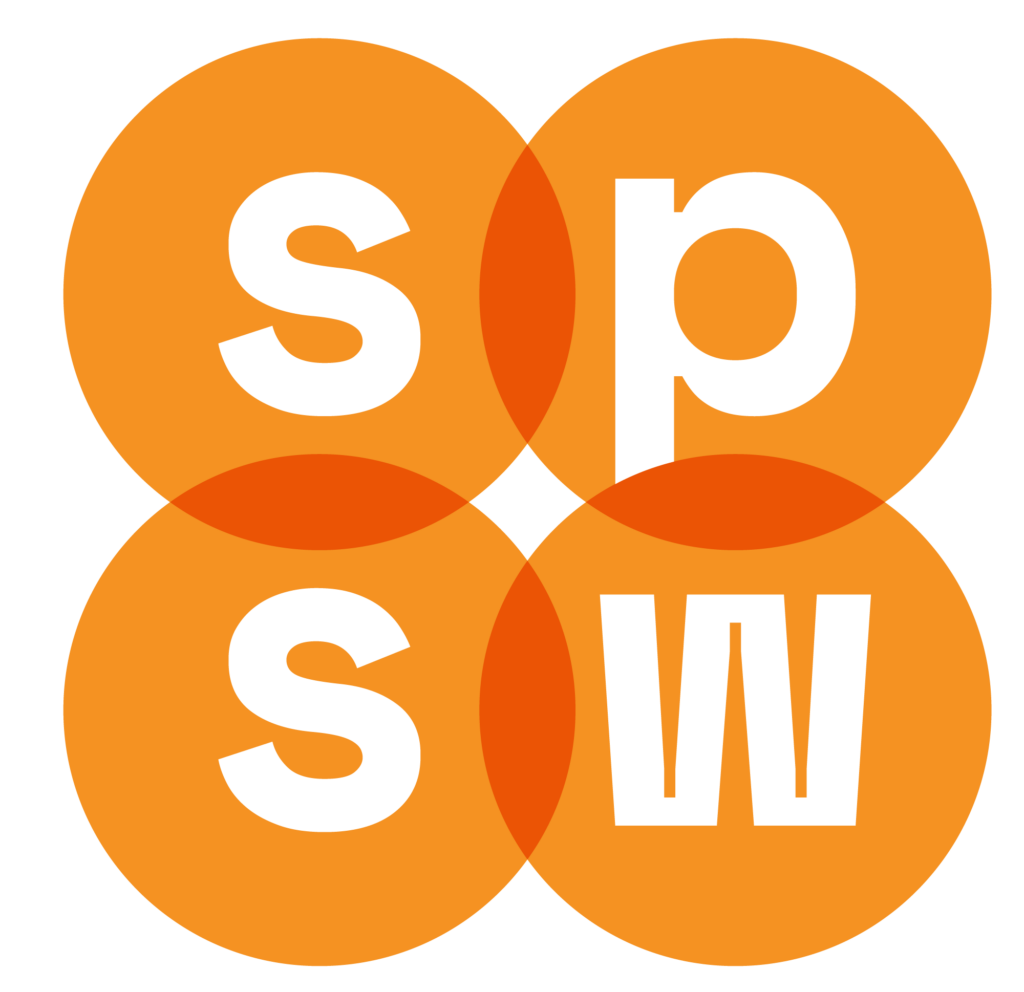Relativity, a Chicago-based software firm, is experiencing huge growth in the business of making the legal discovery process much easier. Now with nearly 800 employees – including more than 200 new hires in 2017 – this leading e-discovery software firm has learned quite a bit about balancing company culture and growth.
“Relativity is a software platform for managing high volumes of evidence for litigation, investigations, and regulatory requests,” said Dorie Blesoff, Relativity’s Chief People Officer. “Our mission is to help our customers organize their data, discover the truth, and act on it.”
Trials in old movies with huge boxes of files paint a picture of the mounds of information involved in the search for evidence. For the most part, all that information and data has now become digital – and now there’s more of it.
“The legal world is way different now,” Blesoff said. “Information is in all these different media formats like e-mail, text messages and social media.”
The Relativity platform has a wealth of features to help its more than 13,000 organizations find the truth faster, including advanced searching and analytics, machine learning, and visualizations.
“Digital data is growing exponentially, and analyzing and finding patterns is challenging at a great scale,” Blesoff said. “As needs have evolved, our product has become increasingly seamless, connected, and adaptable to the ever-changing needs of our customers.”
The company started in 2001 as a consulting firm. A client request for electronic document review software led to the development of Relativity, which gave founder Andrew Sieja the ability to get out of the consulting business altogether in 2007 and focus solely on the software. Growth has been dramatic since then.
“Our customers include more than 70 of the Fortune Top 100 companies, 199 of the 200 largest law firms in the country, the Department of Justice, NBC Universal, and many more,” Blesoff said. “We are the market leader in the e-discovery industry.”
Relativity has clearly moved beyond the startup stage with a global presence, including offices in Krakow and London with users in 43 countries. Blesoff discussed how the company has managed the challenges of such rapid growth.
“It’s important to distinguish between culture and core values,” she said. “What we maintain and strengthen are our company’s core values. The culture is built around them and will continue to change as we grow.”
Engaging employees in developing and maintaining core values is critical.
“Our core values were created by involving everyone in the company,” Blesoff said. “It’s powerful to have employees articulate and own core values as early as possible in a company’s life cycle and pass them along to newer people.”
Core values permeate all aspects of the employee journey.
“We have incorporated core values into every people process we have,” Blesoff said. “During selection, you’re interviewed on questions pertaining to your own values and how they compare to what we seek. They’re also emphasized during onboarding, performance coaching, development goals and promotions.”
Constant feedback from all directions is sought and encouraged.
“We ask for feedback a lot from our workforce, customers, and user community,” Blesoff said. “New hires will say after 30-60 days that I’ve never been in an environment where I’ve been so comfortable bringing up my ideas, or asking for help and getting immediate assistance.”
Another key element in keeping a culture vibrant is transparency.
“Our founder and CEO (Andrew Sieja) has made it a policy to detail our successes and shortcomings that have impacted the company monthly,” Blesoff said. “Maybe an actual quote from an upset customer, something that will help us anticipate and respond to customer needs.”
There are a number of other factors that make Relativity attractive to their employees, including the challenge of building increasingly complex software. For example, the Relativity Analytics toolkit has expanded to incorporate cluster and email thread visualization and now includes tools that help users review foreign language documents and cope with massive data volumes in short time frames.
“One of the reasons people are attracted to us is the exciting work problems we get to solve every day,” Blesoff said. “Our platform is very powerful and is constantly moving forward as the market demands change and innovations emerge.”
Managing rapid growth can create a paradox between maintaining an anchor of consistency while being able to adapt quickly to changing market and workplace conditions. Blesoff has some advice for other high-growth companies.
“Develop repeatable processes that enable you to scale while also being able to question assumptions,” she said. “And create time to think about the big picture and the long game, even though rapid growth always requires urgent response and constant action. Insight occurs when your brain is quiet.”
Company growth and longevity can also create tension between long-time employees and newer arrivals.
“There’s a possible culture clash between your old guard and others newer to the work community, and you need to appreciate both,” Blesoff said. “How do we get both groups to understand why something is the way it is? Your old guard may be able to explain it, and newer people have fresh eyes and bring an understanding of what may need to be changed.”
Metrics tell a story of an engaged and increasingly diverse workforce.
“According to Glassdoor, 92% of our employees would recommend Relativity to a friend,” Blesoff said. “Over 40% of our new hires are coming from referrals, and that group is 8% more diverse than the rest of our workforce. Our CEO has a 100% approval rating. All in all, it’s cool to work here.”
What does Blesoff think about the startup community in the Midwest?
“When we compare ourselves to Silicon Valley, we see the best of Midwestern values of working together to accomplish hard things,” she said. “We have good values that we are proud of.”
Although Relativity has moved beyond the startup stage, they continue to be involved in the local startup community.
“It’s been a great environment, we love to be part of it and give back,” Blesoff said. “We will give local startups a chance to pitch their ideas and give them feedback on how they can improve their presentation or product. Sometimes we do partner with them as a vendor.”
The company also gives back through the Relativity Gives program, providing technology grants to schools, supporting STEM education initiatives and volunteer opportunities for employees.
“Our Wired to Learn grants engage public schools with grants to level the playing field for today’s students from under-resourced school systems,” Blesoff said. “The Chicago community has given so much to us throughout our growth as a business – it only makes sense that we invest in the next generation.”
__
This content is sponsored by Relativity.
At Relativity, we make software to help users organize data, discover the truth, and act on it. Our e-discovery platform is used by more than 13,000 organizations around the world – in the cloud, on-premises, or both – to manage large volumes of data and quickly identify key issues during litigation, internal investigations, and compliance projects. Relativity has over 160,000 active users in 40+ countries from organizations including the U.S. Department of Justice, more than 70 Fortune 100 companies, and 199 of the Am Law 200.







One response to “Chicago-based Relativity leads the e-discovery industry”
Can you share more on what is involved in SPN’s content sponsorships? Is it always a paid feature on the sponsoring company or is the idea more broad than that?